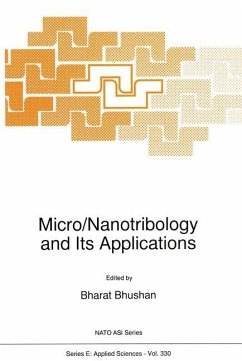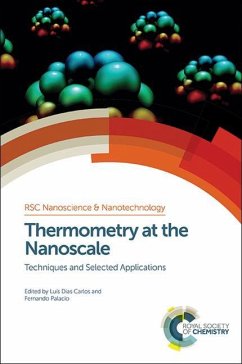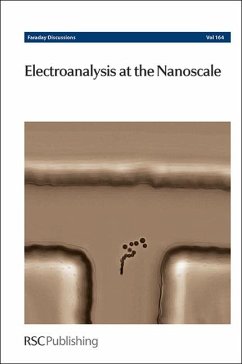
Fundamentals of Friction and Wear on the Nanoscale

PAYBACK Punkte
69 °P sammeln!
This book offers a comprehensive review on the latest developments in the field of nanotribology. With contributed chapters covering instrumental aspects, theoretical models, and selected experimental results, this book provides a broad overview of the fundamental issues currently being investigated in the field.The updated third edition includes new topics such as molecular tribology, multiscale structural lubricity, tribofilm growth, nanoscale friction in liquids, and nanotribology at insect-plant interfaces. Written by a highly qualified group of international experts, this book aims to be ...
This book offers a comprehensive review on the latest developments in the field of nanotribology. With contributed chapters covering instrumental aspects, theoretical models, and selected experimental results, this book provides a broad overview of the fundamental issues currently being investigated in the field.
The updated third edition includes new topics such as molecular tribology, multiscale structural lubricity, tribofilm growth, nanoscale friction in liquids, and nanotribology at insect-plant interfaces. Written by a highly qualified group of international experts, this book aims to be a key reference on the subject for the next five to ten years, highlighting the importance of understanding the atomistic origins of friction and wear in everyday life and in technical applications.
The updated third edition includes new topics such as molecular tribology, multiscale structural lubricity, tribofilm growth, nanoscale friction in liquids, and nanotribology at insect-plant interfaces. Written by a highly qualified group of international experts, this book aims to be a key reference on the subject for the next five to ten years, highlighting the importance of understanding the atomistic origins of friction and wear in everyday life and in technical applications.












